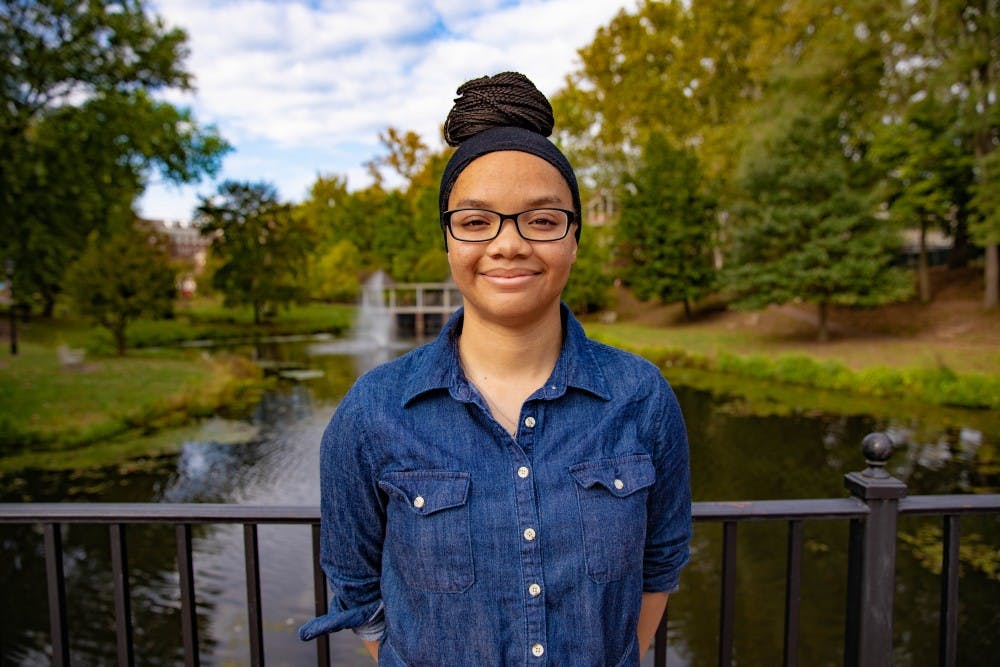The issue of race is not new to America and its history; however, creating and policies for racial progress further divides America. As such, protests have evolved, and the majority are joining the battle for justice. Ongoing racial relations within America have ignited activism from celebrities, specifically, professional sports organizations. Recently, the NBA players canceled playoff games, outraged over the police shooting of Jacob Blake. This level of activism is impactful in giving social justice reform an elevated voice with strength in numbers.
From Colin Kaepernick kneeling during the national anthem to WNBA players wearing graphic shirts depicting the seven bullet holes Jacob Blake sustained to the back, athletes have committed to activism against police brutality, and it is nothing new.
Unfortunately, this type of social leadership is not without consequence. The backlash athletes face from engaging in activism and raising awareness of social injustices can be problematic. The NFL set a poor example by blackballing Colin Kaepernick’s peaceful protest against police brutality. Unfortunately, the movement was short-lived, ironic since black players make up 59 percent of the organization, and the organization as a whole would have benefited from listening to Kaepernick.
Since the late 90s, the WNBA has been vocal in social justice and recently created a Social Justice Council. The WNBA has also created a new platform, titled The Justice Movement, to encourage and pilot meaningful and actual change. Their display with graphic shirts was one example of their activism. This action inspired other professional leagues and players to use their league’s influence and power to enact strategic messaging and social change.
During the 48-hour players strike, NBA players met with team owners and board members to commit to social justice initiatives. The NBA owners and their players came to an agreement that a social justice coalition will be created, and certain arenas would be available as voting locations. In striking, the NBA players have incited action. The strike sent a clear message: no longer will players remain silent while communities are being torn apart.
This strike is important for advocating for justice reform and promoting civic engagement. Professional athletes using their platforms have set the foundation for change, a concept Michael Jordan initially ignored earlier in his career. As one of the NBA’s most prominent players during the late 80s and throughout the 90s, his celebrity status garnered influence and power. Unfortunately, during the 1992 LA Riots, sparked by the police beating of Rodney King, Jordan remained apolitical. In 2016, Jordan donated to the National Association for the Advancement of Colored People legal defense team and the International Association of Chiefs of Police IACP Institute for Community-Police Relations to bridge the gap. Jordan wanted to better police relations with the black community. Today, NBA players are not afraid to take a stance determined to right wrongs of the past regardless of the consequences.
There has been a paradigm shift in various professional sports leagues using their celebrity status and platforms for justice reform. In addition to the NBA and WNBA, tennis players, the National Hockey League, Major League Soccer and Major League Baseball have followed suit. In moving social justice from a moment to a movement, there needs to be measurable and impactful change. The NBA’s initiatives following the strike are examples of significant action in increasing voter access. Overall, professional athletes’ demonstrations have raised awareness and incited action, which should not be condemned.
Iana Fields is a sophomore studying English creative writing at Ohio University. Please note that the views and opinions of the columnists do not reflect those of The Post. Want to talk to Iana? Tweet her @FieldsIana.






